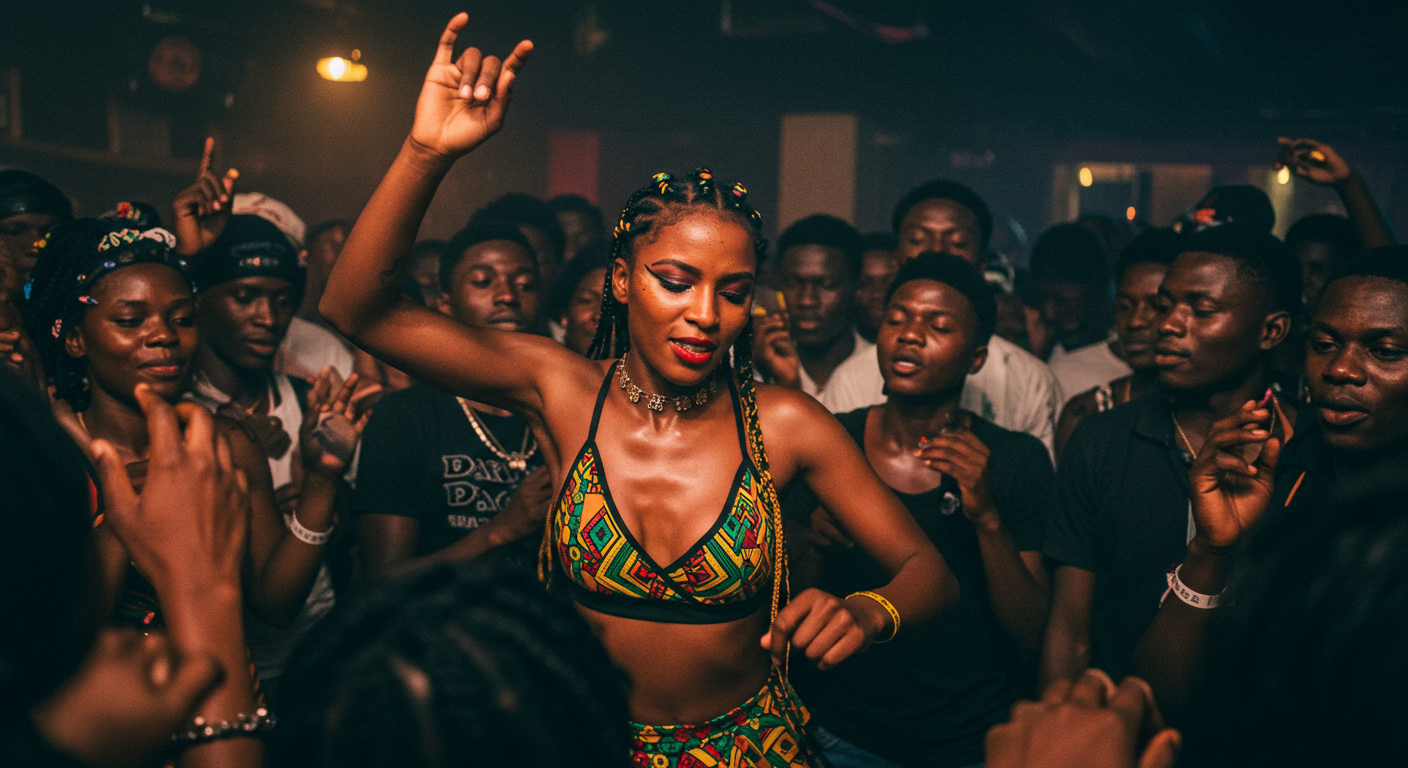Gqom erupted from Durban’s townships with a visceral pulse—dark, minimal, percussive, and hypnotic. Emerging in the early 2010s, it leaned less on song structure and more on rhythm as architecture: broken-beat kicks, rattling snares, haunted vocal chops, and sudden drops that feel like a car cresting a hill. The music’s DNA is unapologetically local: parties, taxis blasting tracks, informal studios, and a culture of file sharing that turned neighborhood bangers into national talking points before traditional gatekeepers knew what hit them.
Unlike house subgenres that rely on polished chords and soulful vocals, Gqom strips things down. A typical track rides a stark kick pattern, syncopated percussion, and a few ominous stabs or chants. It’s performance music, built for dancers and DJs to manipulate tension. The ethos mirrors the conditions of its birth: limited resources, cracked software, and an audience that judged tracks by dance floor destruction, not radio readiness. Early producers circulated ZIP files, and WhatsApp groups became unexpected distribution channels. The result was an underground scene with its own rules, aesthetics, and stars.
As the sound spread to Johannesburg and Cape Town, it caught the attention of global tastemakers—from European club DJs to fashion houses seeking runway energy. The international press framed Gqom as a gritty, avant-club export: less sunset beach, more urban midnight. Tours and collaborations followed, and the genre’s name became a shorthand for South African rhythmic innovation. Yet even as the music traveled, it stayed rooted in the gqom wave’s kinetics: bacardi-style body isolations, shoulder shakes, and footwork that communicates a dialogue with the beat.
Gqom’s business story is instructive. Initially, monetization lagged behind virality; tracks were shared freely, and crediting was inconsistent. As management teams formed and labels took interest, artists began formalizing releases, registering works, and pursuing sync deals. The festival circuit—both domestic and international—proved essential, turning DJs/producers into touring acts and building demand for merchandise and branded content. Visual identity solidified through music videos and dance crews whose choreographies codified the culture for global audiences.
A turning point arrived as amapiano surged nationally. Rather than disappearing, Gqom carved out a distinct lane: darker, edgier, and more niche, often thriving in club culture and among listeners seeking intensity over sweetness. Producers hybridized, layering log-drum textures or adding melodic phrases while keeping Gqom’s skeletal punch. This fusion preserved relevance and opened the door to cross-genre sets where DJs move from house to Gqom to amapiano without losing the crowd.
Culturally, Gqom asserts the right of marginalized communities to define cool. It celebrates the DIY ethos: if you have a laptop and imagination, you can build a global sound. It also highlights dance as an engine of virality—steps and challenges spread the music as effectively as radio spins. For Durban, Gqom offered a distinct brand in the South African musical federation, spotlighting local slang, fashion, and street identity.
The road ahead involves fortifying infrastructure: publishing literacy, fair splits, tour support, and mental health resources for young artists navigating sudden fame. There’s also creative headroom: integrating live elements, experimenting with tempo changes, and building album-length narratives without losing club utility. Ultimately, Gqom’s power is its rawness. As long as producers honor that tension-and-release core—while evolving arrangements and business practice—the sound will continue to shake floors from Durban to Berlin.



